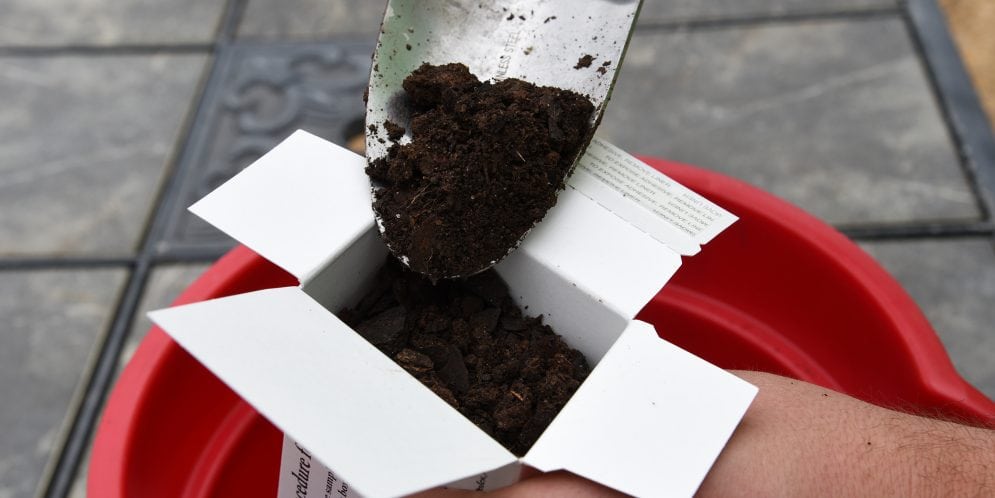Soil testing, an important spring task
Published 12:56 am Friday, March 22, 2024
By Staff Reports
Spring has sprung and gardeners and farmers are preparing to cultivate their green spaces. However, before plunging seeds into soil, experts advise gardeners and farmers to give their green thumbs a head start by ensuring optimal growing conditions through soil testing.
In order for your gardening efforts to blossom into their fullest potential, Crenshaw County Extension Coordinator Amanda Evans suggests taking advantage of soil testing services offered by the Auburn University Soil, Forage and Water Testing Laboratory.
“There is a well-known saying in Extension, don’t guess, soil test,” said Evans. “This is definitely true, and spring is the perfect time to do just that. Whether it be for your garden, flowerbed, pasture or hayfield, come by our office and let us help you get everything you need to complete your soil test.”
Understanding the soil’s composition and nutrient levels is essential for creating an environment where plants can thrive. Mallory Kelley, a regional agent with the Alabama Cooperative Extension System, highlights the significance of healthy soil for successful gardening.
“Soil is the basis for most of what we do as gardeners and without healthy soil, you cannot grow healthy plants,” Kelley said. “It is important to grow plants in the right environment. Adequate soil nutrients, in addition to the correct soil type, will help gardeners create and maintain a growing environment where plants can thrive.”
Preparing Soil Samples
To begin the soil testing process, pick up a soil sample kit from your local Extension office. It will include a form explaining how to properly collect a soil sample.
“It is best to send soil samples that are dry,” Kelley said. “Laying the soil out on newspaper to dry before sending it off is suggested. However, if you have to send a wet soil sample, make sure to seal it in a plastic bag.”
When collecting soil from the garden, flower bed, pasture or other area, Kelley said it is important to dig deep enough into the soil to collect an adequate sample. This could range from 2 to 8 inches deep, depending on the types of plants or seeds growers choose to plant in a given area. It is also important to include only soil in the sample. Make sure to remove as much plant residue and debris as possible.
Soil Test Results
Soil tests determine the pH and nutrient content of soil. This is beneficial, as different plants often thrive in different pH ranges and require different nutrient concentrations. It is also advantageous to know soil nutrient levels, including calcium, magnesium, phosphorous and potassium. These levels will help growers make informed decisions regarding fertilizer types and frequency.
Growers can also do an analysis to test levels of micronutrients, such as zinc, in the soil. This analysis will include liming suggestions.
“Add lime to your soil in order to raise its pH if it is too acidic for what you are intending to grow,” Kelley said. “There will be other recommendations on the soil analysis form that is returned to you. Contact a home grounds agent to help you read your soil test results and understand what you need to get your backyard in tip-top growing shape.”
Sending the Soil Sample
Send soil samples to the Auburn University Soil, Forage and Water Testing Laboratory. The needed form — available at local Extension offices along with the sample box — includes the lab’s mailing address. Each sample costs $10, with an added cost to perform a micronutrient analysis. People can get the testing results either by mail or electronically.
For more information, visit www.aces.edu or call the Crenshaw County Extension Office at 334-335-6312.






